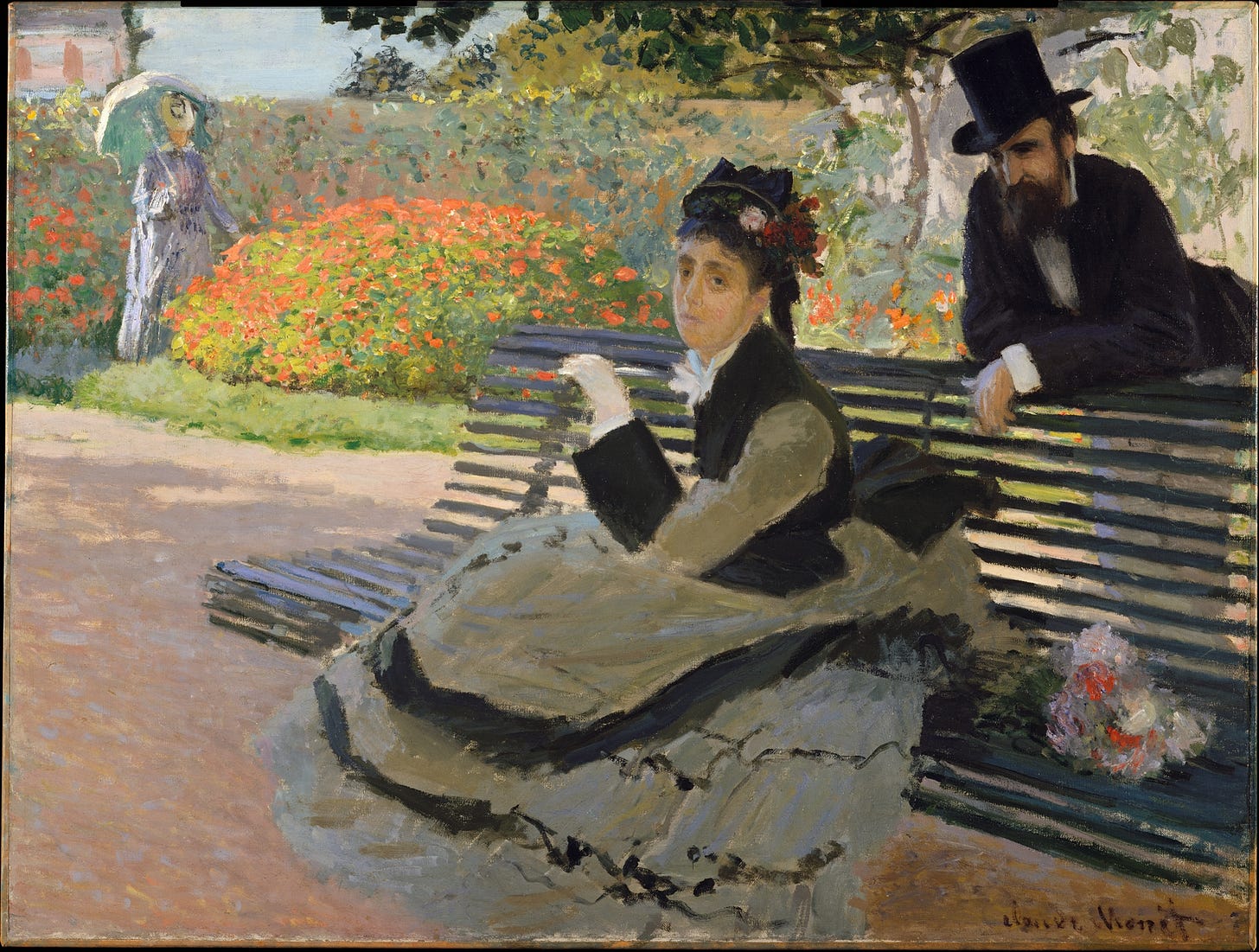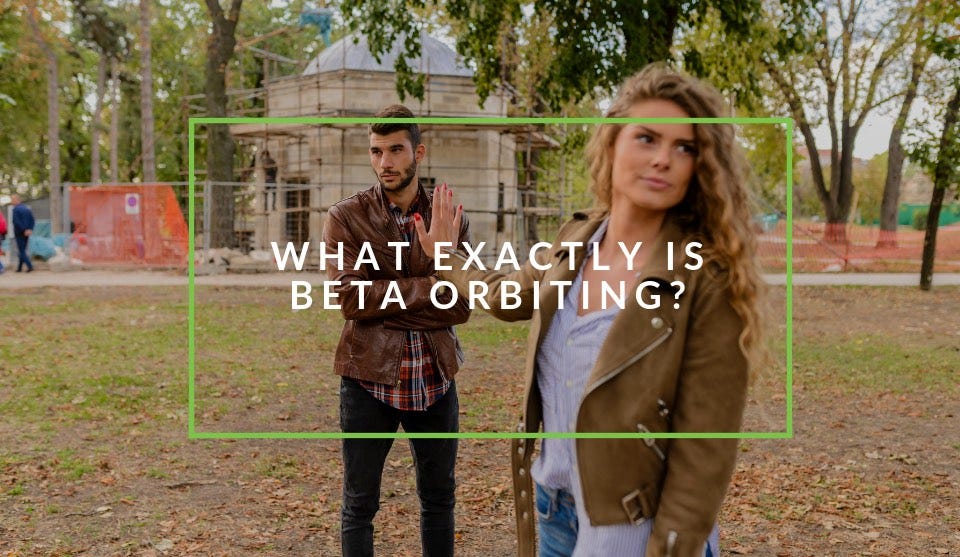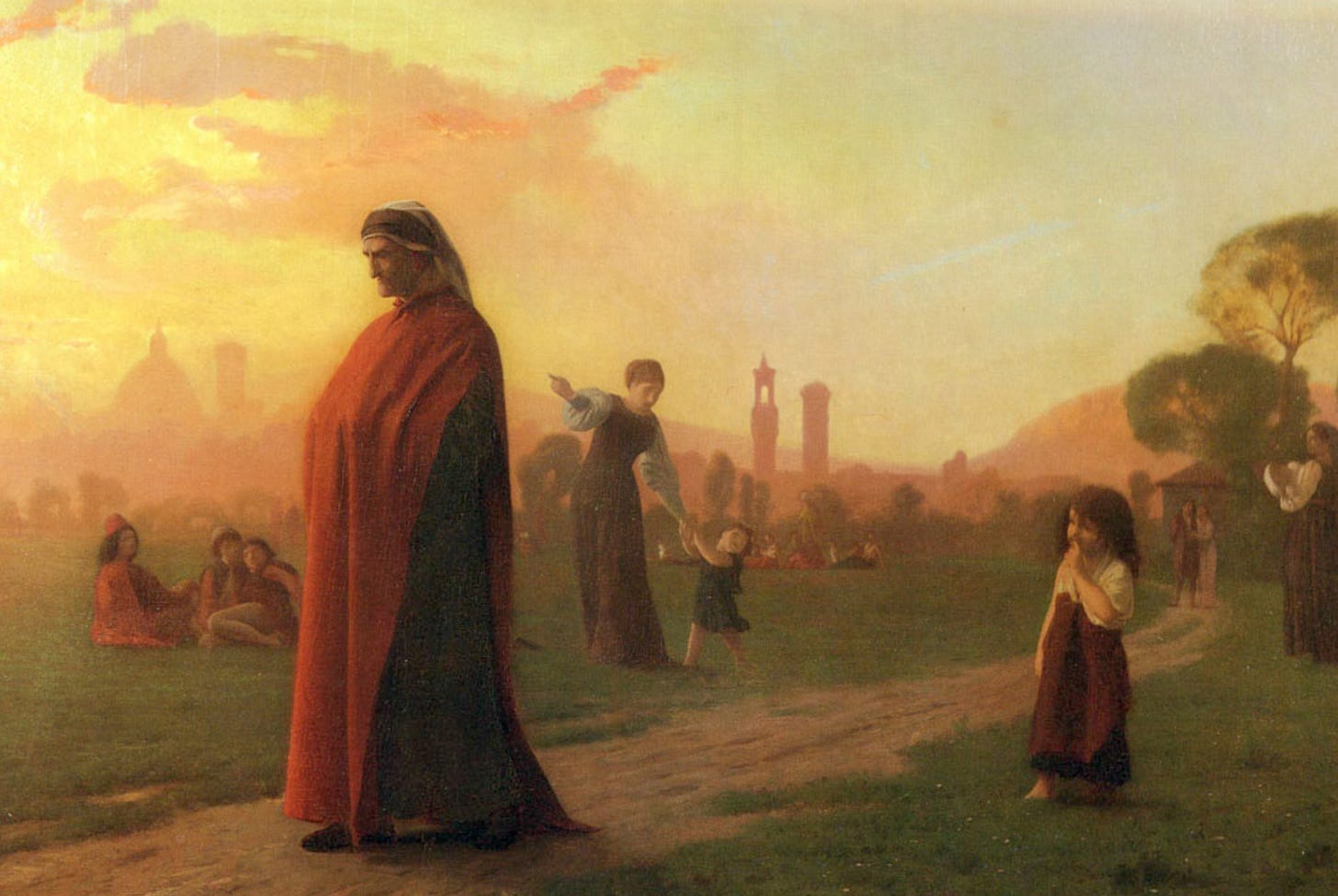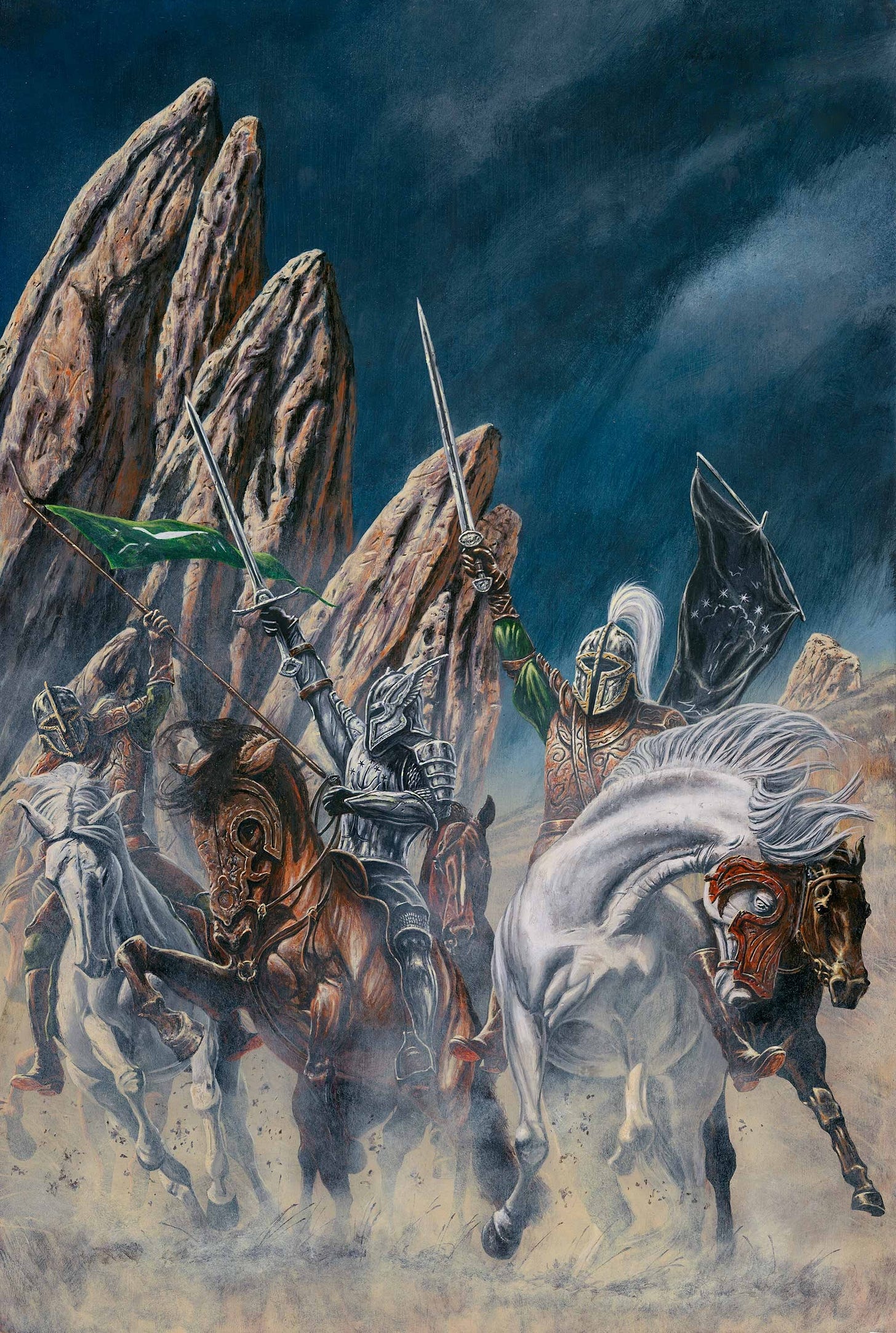Right Answers, Wrong Question
Why High Status Socialization matters, ORR can help & wondering why can sink them both
Ernest Dudley Heath, Piccadilly Circus at Night, 1893, Museum of London
Why care about social status? On a personal level, high status socialization is more enjoyable. Better quality people are just nicer to have around. But there’s more to it. Readers know to expect things getting more local and organic in the years ahead. For acceptable existence anyhow - there are scenarios where a diminished beast offers degraded dependency. But every viable outcome for this community will take take more individual and organic group responsibility. Luckily, responsibility isn’t an unknowable mist, even when the future is unresolved. Things to account for can be identified. With one of the biggest being making real life connections. Literally socializing. The value of understanding status in freer form environments is self-evident.
Gustave Caillebotte, Young Man at the Window, 1876, oil on canvas
It’s no secret I have no aspirations to any kind of leadership. Online or IRL. But high status socialization isn’t leading. Nor is it pegged to recurring profiles like the SSH. It’s collective/individual conduct, carriage, and attitudes, and any profile can have it or not. To a point - Gammas have to keep it wrapped pretty tight to linger in high status circles and Omegas aren’t found there at all. But rarely fitting in naturally → structural “outsider”perspective even when inside → better viewpoint than a leader on how things fit together. And what I define as high status socialization is the kind of social environment readers want. Not speculating. This Substack kicked off when I fully grasped how rare high status patterns were in the mainstream. Most people seemed completely unfamiliar - for understandable reasons. This circle is interested - for admirable ones. The same holds IRL. Personal observation -
High status patterns in a low status zeitgeist unconsciously draw people looking for something real.
No matter how ill-suited to leadership the high status newcomer. Obviously there are caveats. Registering positively in a new environment takes care and restraint. Especially if there are contextuals feeding suspicion. Some will always resent. But that’s irrelevant because they’re not interested in reality.
Observe, Read, React or ORR developed naturally from [social unintuitive outlier] + [mercurial social needs]. Habituating [situational awareness before acting] started out to avoid embarrassment. Over time, a huge database of personalities, experiences, and contexts made the process pretty instant. Situations are predictable enough that I appear normal in most any context. Although NPC reactions can still take me aback in a new one. Basically just read the room in depth. Watch what’s going on. Note conversational tone and level, obvious connections, who is standing where and how, etc. Posture, expressions, other body language, and general emotional vibe can say more than words. Cross reference with previous experience. Decide if and how to engage. That last part is just the representation-reality thing. Everyone has a core self that relates to the social world through actions, words, etc. Choose the appropriate self-presentation that reflects who you are. Deep conversation with a peer, chatter on a work crew, and huddling in a time-out use different voices.
AM FineArtPrints, Whispers of the West, The Stranger's Arrival, 2024.
ORR depends on objectivity and that depends on honesty. Eliminate or contain emotions and preconceptions as much as possible. Ignore what you want to be true. ORR falls more on the situational side of the situational/self-awareness pair but kill delusions. They distort objectivity. And be attentive to your own impact. I’ve always been very polarizing and [probability of strong reaction] needs to be considered socially. Conceit has nothing to do with it. Actual arrogance overrates your impact but self-effacement underrates it. Both are dealt with by departing the imaginarium and paying attention, objectively and dispassionately. By the fruits.
The empirical, outcome-oriented ORR is obviously invaluable for new or difficult situations. Like … wait for it … transitioning to more organic local orientations. Encountering new communities or micro-cultures is way easier when you can flow with their way of life. Not to be someone else - poseurs get sniffed out quick. To mesh who you are with what they are on a productive functional level.
Claude Monet, Camille Monet on a Garden Bench, 1873, oil on canvas, Metropolitan Museum of Art, New York
Obsessing over whys is the opposite of all of this. The counter-productivity of pondering “why” is a recurring point on Sigma Game. Wasting time on unknowables is pointless distraction from the socially essential. This isn’t complex. Being self-conscious just makes it clearer to see. All social success comes from successfully navigating external social reality. Yours and theirs. The best indicator of how someone is is what they do. Obviously intimate relationships are different. Understanding inner worlds as much as possible can matter. But that’s not the kind of socialization I’m posting about. And even there, I’m assuming a sincere, committed, loving relationship. Negative behavioral indicators beat any words in any setting.
Why is also more than a distraction. Because it’s ultimately unknowable, it’s a perfect scaffold to support any number of solipsistic self-deceptions.
Use romance as an example, though other contexts work. Gamma obsessions always transform the victim into a character in their internal delusion. Cowardice prevents bringing the interest to a normal, natural resolution. It’s where those 10 year secret “crushes” and all the other weirdness come from. Here’s the a problem. To sustain the fiction, what small exposure the Gamma also has to be transformed into narrative blocks. Since the actions are always generic or incidental they can’t strand on their own as romantic expressions. But they undeniably happened. ORR would conclude disinterest. Why unleashes the imagination to make them mean whatever the fantasist needs. If “what does [X] really mean by [Y]” is a recurring theme, it may be time to touch grass. Or at least entertain other possibilities.
Pathological self-absorption like solipsism and Gamma delusions get a lot of attention. And rightly so - they’re social toxin. Worrying about why is the gateway to the mirror problem - pathological other-absorption or obsession. The two are related. Every obsessed weirdo or stalker manages to leak distorted self-image into distorted other-image. But no need for further analysis. The common word “distorted” is enough. Self-honesty and external by-the-fruits objectivity exits all the mental constructs. And grounding the ego in reality snuffs both pathologies.
The “read” in ORR does deal with what observations mean. Social behavior is nuanced with layers of situational and personal shadings. There is an element of why in understanding cause and effect, as in why did he push that button or use that tone. Connecting actions and outcomes. But that’s very superficial - totally different from ruminating on deep inner motives, what [X] really means, or any other psychological para-text of your own imagining. When “why” gets out of hand, it opens the path to all the relativistic nonsense that hijacks organic socialization. Take it from someone with a long experience ORRing - why people do things is a black box. And when real reasons are knowable, it’s almost always in hindsight. The only deep why that matters is the one you ask yourself.
My own legacy project has brought this stuff to the fore. Actively making connections is essential IRL for all the reasons I tell readers. And as a part-time outsider with tenuous ties, it’s resurrected levels of ORR that have not been seen in a long time. A long time. Circle back to the opening. The younger wing of the Band have been surprised and amused by the sudden emergence of paternal dimensions they’d only vaguely heard of. It is not easy. [Outlier] always requires measured reserve and care. [Outsider] complicates. But this is isn’t a younger self. There’s full awareness of the things the anecdotes shared here were teaching. Honest self-knowledge = integrity & integrity + status = innate dignity or honor. Not speculating - it was pointed out multiple times, including the adjective “aristocratic”. Add in [not a hint of leading] and the conclusion is obvious.
Clarity of purpose, self-assurance, positivity, morality, and whatever that aura added by mystical Christianity is are galvanizing.
Jean-Léon Gérôme, Dante (He Hath Seen Hell), 1864, oil on panel, private collection
The first lesson is that the House of Lies has hamstrung legitimately moral people more than I realized. Not made them immoral - the values are there. Sapped their agency and left them passively cucked and rudderless. At no point have I ever promoted a common mission. I’m tacitern about my plans. There’s no overture or power projection tricks at all. Appeal is pure high status socialization. In a place status seems to have been forgotten. After one event, an unusually restrained Smart Bandling noted “the whole energy in the hall shifted when you came in”. Be aware that not all that energy is positive. But the part that is can be harnessed to good. And if aware of no ability and desire to lead, don’t change behavior or demeanor. Beyond noting what works for organic connection building.
Joseph Noel Paton, Sir Galahad's Vision of the Holy Grail, 1879, oil on canvas, private collection
So the second lesson is who cares. Or more specifically, what matters is socialization. Fire in the eyes can’t be faked. And a few feel more isolated or hopeless than asleep. Some connections hint at future nodes. Maybe a critical mass. The beast raced to the tapioca middle for a reason. And none of this is taking on leadership. Broken record, but it’s necessary to understand how off the table that is to appreciate the power of raw social status. You don’t have to be an Alpha. The PUA grift was that that’s learnable. It isn’t, but socialization is. The truth is I can’t lead. I’m terrible at it. But we can all do stuff. If moral vision and clarity of purpose are appealing, deliver on them. Make them real. Be an example. Help those who need. And move Heaven and earth to support the right Alpha when he emerges.
ORR won’t let you miss him.
Kip Rasmussen, Éomer and Aragorn Ride to the Lands of the East, from Appendix A of The Lord of the Rings,












People in social situations get so hung up on "what do they think of me?" that they forget to ask themselves "what do *I* think of *them*?". Being the one who doesn't care the most leads to better quality social interactions, and the opportunity to interact with better quality people.
I am really enjoying this series. You're applying specific language to concepts I've understood but not codified, which is allowing me to clarify my thinking on them. Thank you.
Pertinent and actionable.
Thank you!